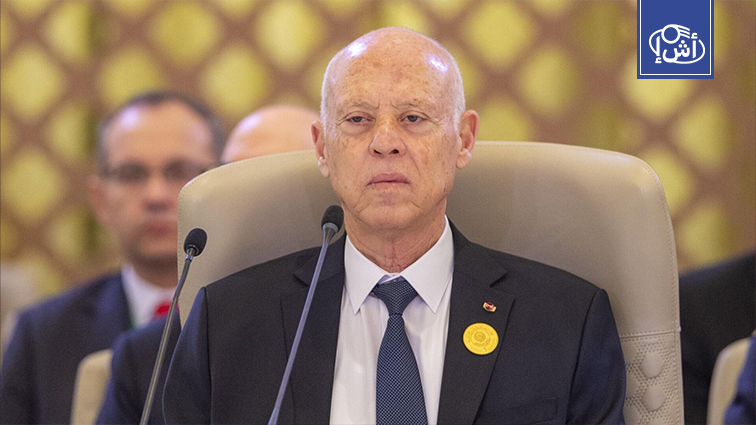A Tunisian court has sentenced four potential presidential candidates to eight months in prison and banned them from running for office for life on charges of “buying endorsements.”
Among those sentenced are prominent politician Abdellatif Mekki, activist Nizar Chaari, judge Mourad Messaoudi, and candidate Adel Dou.
The ruling came before the deadline for submitting candidacies, raising concerns among the opposition, candidates, and rights groups that authorities are using “arbitrary restrictions” to pave the way for President Kais Saied’s re-election.
In this context, Nizar Chaari said the ruling was “shocking and aimed at keeping us away from running,” while Ahmed El-Nefati, Mekki’s campaign manager, confirmed that his campaign “will go ahead with submitting Mekki’s candidacy file,” describing the ruling as “unfair and aimed at excluding a serious competitor from the race.”
Earlier, the authorities informed four prominent potential candidates that they were not being granted a criminal record card, a new requirement required by the electoral commission, prompting them to accuse the authorities of “reinstating dictatorship and holding farcical elections as was the case before the Tunisian revolution in 2011.”
For his part, Tunisian President Kais Saied denied that there were any restrictions on candidates, stressing that “the law applies equally to everyone,” after he submitted his candidacy for the presidential elections, claiming that “volunteers collected more than 240,000 endorsements.”
These developments come amid strict measures imposed by the Independent High Authority for Elections on candidates, including obtaining endorsements from parliamentarians, local officials or voters, in addition to the “Card No. 3” document proving the candidate’s criminal record, which many candidates complained about not being able to obtain.
In light of this atmosphere, Tunisian and international human rights organizations criticized the “decline in freedoms” in Tunisia, noting that the electoral commission had become a “deterrent and intimidation tool” aimed at eliminating opponents of the government and silencing its opponents.
The start of the 2024 presidential election period in Tunisia
